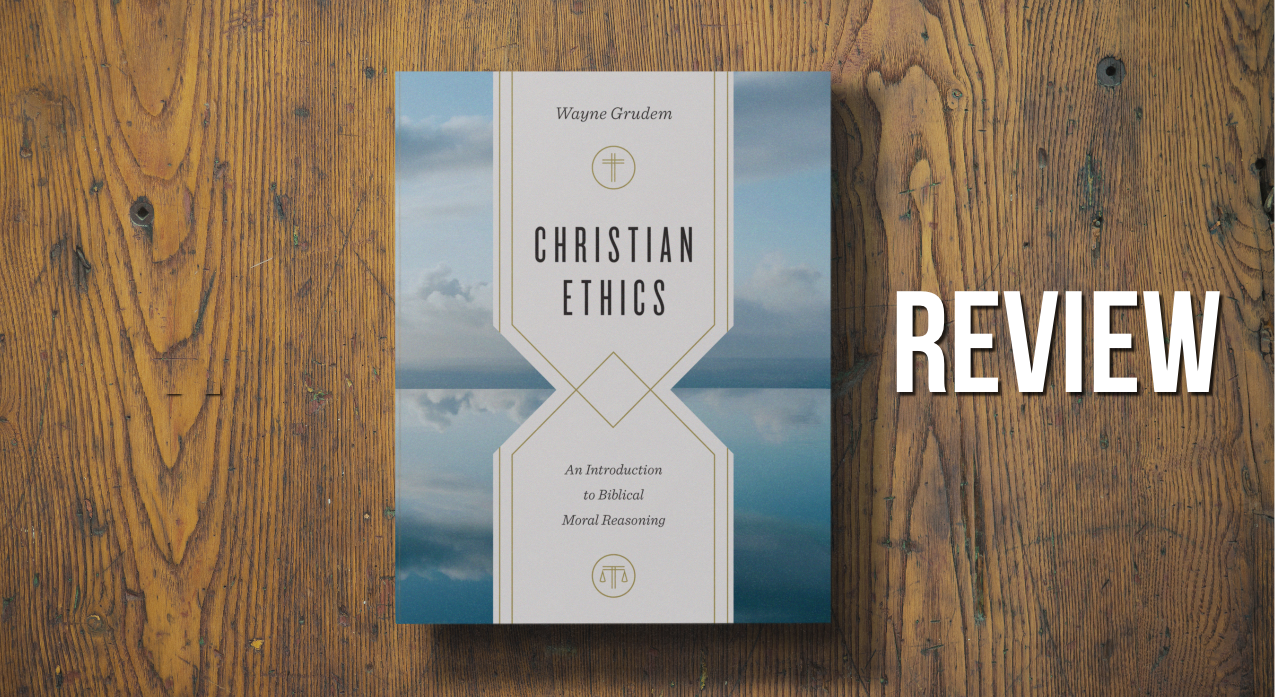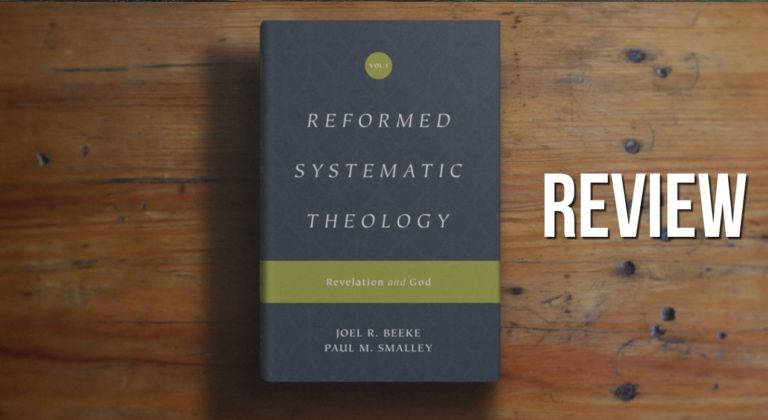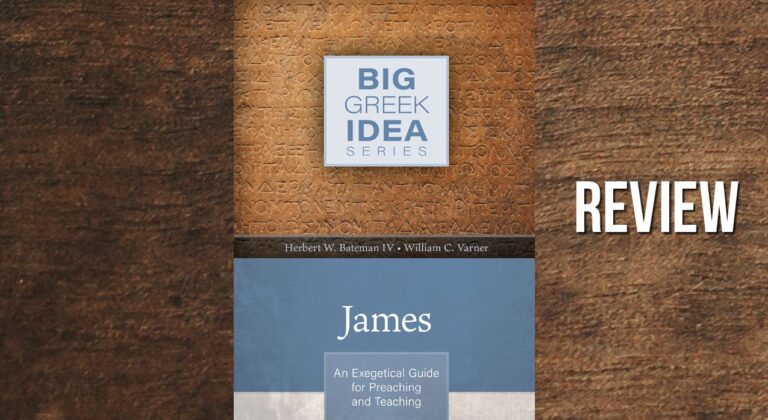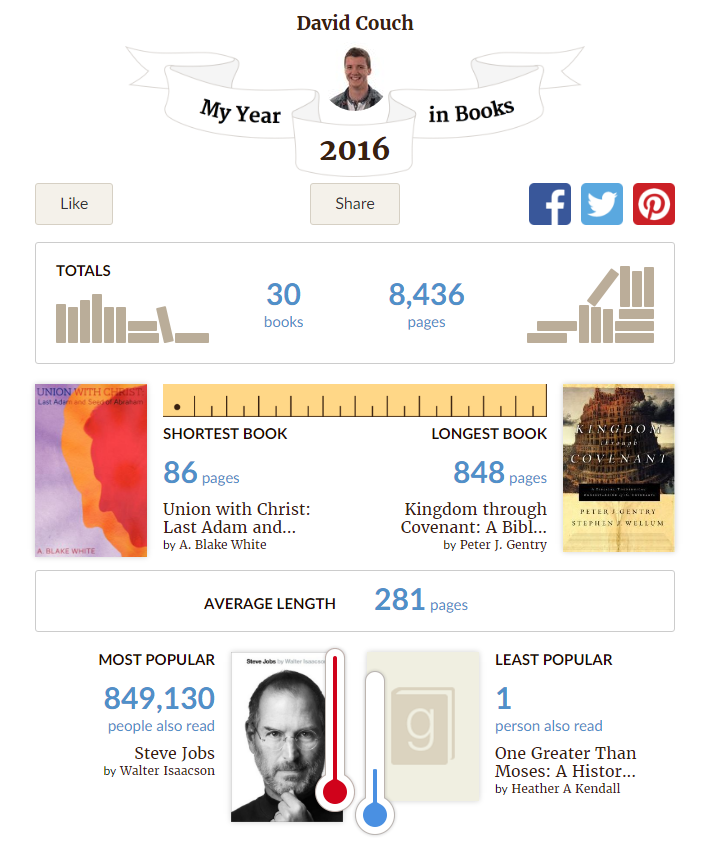Christian Ethics is a complicated subject to tackle. Well, I say complicated, in some ways it is pretty straight forward. But ethics are what fall out of a whole Bible theology; and therefore, are affected by the way you put together the Bible. So the challenge is to put together an ethical standard that is consistent and as Biblically centred as is possible.
To this challenge, Wayne Grudem steps up with his book on Christian Ethics. I’ve been looking forward to this book coming out ever since I first listened to recordings of his Sunday School class on the topic a few years ago. At that point he kept pointing back to Frame, but you just knew he would publish his own after a little while.
Content
In typical Grudem fashion, this book takes a wide array of issues, and presenting them in a simple and clear way. Also, in what seems to be another Grudem thing, this book is huge. It’s a whopping 1296 pages, but don’t let that turn you off. Some people (yes, like me), might just try to read it cover to cover – but that’s not how it’s meant to be used.
In the introduction to the book, Grudem explains his approach to Biblical ethics. A number of key points stand out – for example, he argues that revelation is progressive, and therefore the entire Mosaic covenant is abrogated and no longer binding. This sets this volume apart from similar ones like Frame for instance. But this does not mean that he is OT-phobic (especially as that seems to be the discussion of the current day) – on the contrary: “it becomes evident that we cannot teach “all that Jesus commanded” without including all of the Old Testament (rightly understood in the various ways in which it applies to the new covenant age in the history of redemption) as well. In this broad sense, “all that Jesus commanded” includes the whole Bible when it is rightly understood and applied to the lives of believers living in the New Testament age”.
Structure
The strange thing, after saying this though, is that he then structures his book around the 10 commandments. This does lead, therefore, to having a chapter on Sabbath, even after saying it is not binding for Christians today. However, this is the convention used by other similar volumes, so does not break that tradition. It would have been interesting to see another approach though, in order to differentiate these views. So, in light of this, you’ll find the book is split into 7 parts (around the 10 commandments), and each is very exhaustive – each topic I tried to find was found very quickly:
- Introduction
- Protecting God’s Honour (Commandment 1, 3, 9 and 4)
- Protecting Human Authority (Commandment 5)
- Protecting Human Life (Commandment 6)
- Protecting Life (Commandment 7)
- Protecting Property (Commandment 8)
- Protecting Purity of Heart (Commandment 10)
 What I particularly liked
What I particularly liked
Just like his Systematic Theology, Grudem ends each chapter with a memory verse, questions for reflection, a further reading list, and a related hymn. When I first read Systematic Theology, the hymn seemed a little random, but nowadays I appreciate it. The church is blessed with many great hymns, and it makes you rethink the lyrics in connection to what has just been discussed.
I particularly appreciated the way that the volume provides extensive scriptural references. Even if you do not agree with everything that Wayne says, you can definitely follow his line of thought. He also provides the main views on the ethical discussion, before presenting his own – which is extremely useful for understanding other viewpoints.
Summary
This book would be suitable for teenagers and above. Similar to other works, it takes a fair amount of effort to get through. However, you will be richly rewarded if you do! I am interested in Christian Ethics (as seen here), and I look forward to referring to this book regularly, as another great resource in by bookcase.



 What I particularly liked
What I particularly liked

